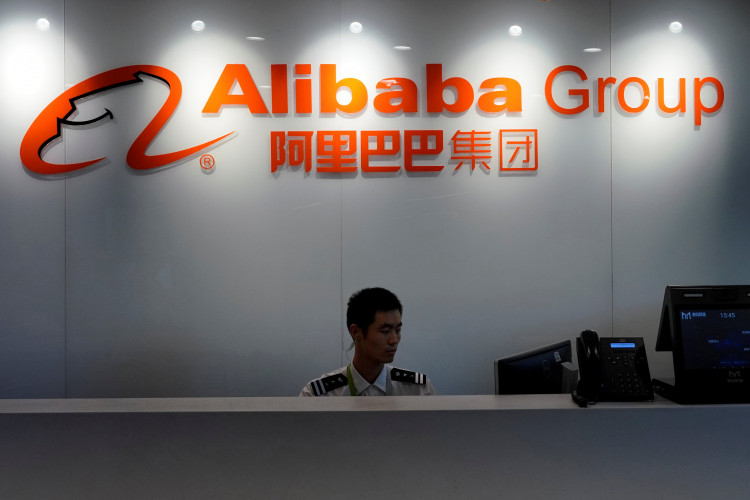Chinese e-commerce giant Alibaba recently reported that the company's revenue surged to 61 percent during the first quarter of the year. The massive surge is based on the company's year-over-year performance.
Alibaba said that the boost in the company's revenue can be traced back to its e-commerce and cloud computing segments, two of the company's core businesses and main driving force in terms of income.
The 61 percent revenue surge represents an 80.9 billion Yuan growth, or about $11.8 billion in U.S. dollars. This is an impressive improvement compared to the 80.88 billion Yuan which many analysts surveyed by Bloomberg were expecting out of the tech giant.
Alibaba's surge in revenue is well above its contemporaries in what many analysts called the FAANG + BAT group. This is a group of tech giants which includes the following companies: Facebook, Amazon, Apple, Netflix, Google, Baidu, Alibaba, and Tencent. In comparison, social networking giant Facebook posted a revenue growth of 42 percent and stands in second to Alibaba's.
Based on the figures released by Alibaba, the company's e-commerce division's revenue rose by 61 percent year-over-year. Moreover, the company's cloud computing division posted a revenue growth of 93 percent year-over-year.
The Chinese tech giant reported a net income that is attributable to shareholders to the amount of 8.7 billion Yuan. That represents diluted earnings per share amounting to 3.3 Yuan. This figure easily trumps the 2.57 Yuan that was initially anticipated by many market analysts.
In terms of adjusted earnings per share, it stands at 8.04 Yuan per share. It fell short of the 8.19 Yuan per share which was expected by many market experts. Following the positive growth of Alibaba, company shares went up by 4 percent.
In a press statement released by Alibaba Chief Executive Officer Daniel Zhang, he said that the company posted a significant quarter. He added that the company is experiencing "significant user expansion", as well as a bigger user engagement all across the company's growing ecosystem.
In order to boost user engagement, Alibaba is investing in on-demand services by tapping local business. The company is also integrating various delivery services which cover a diverse set of merchants that are readily available on its Tmall and Taobao Marketplace shopping platforms.
Alibaba is also pushing hard on digital payment systems. The company has recently increased its partner merchants that support Alipay, the company's own digital payment platform.





